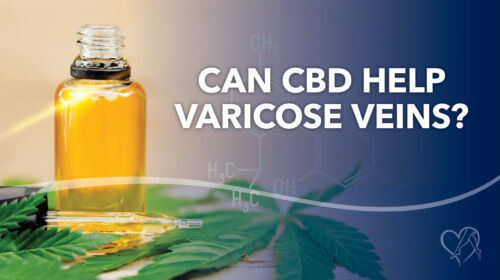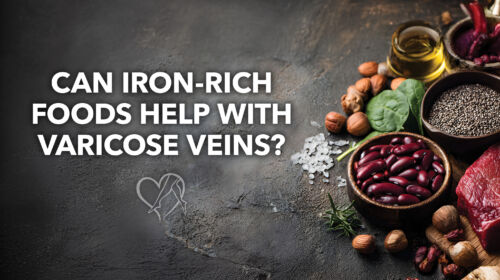
Can Iron-Rich Foods Help with Varicose Veins?
Can eating iron-rich foods help varicose veins? Learn how iron supports circulation and vein health, reduces leg fatigue, and complements professional vein treatments at Center for Vein Restoration.
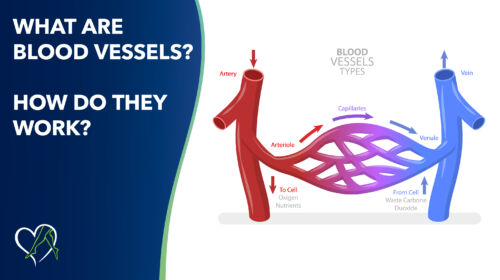
What are Blood Vessels? How Do They Work?
Learn how blood vessels work and what causes vein problems. Dr. Andrew Harding and CVR Grapevine offer advanced, minimally invasive vein treatments.
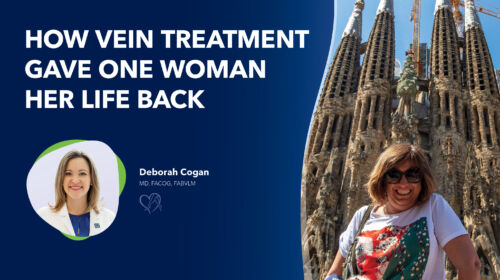
How Vein Treatment Gave One Woman Her Life Back
After years of living with painful, swollen legs, one woman found freedom through minimally invasive vein treatment at Center for Vein Restoration. In this inspiring story, board-certified vein specialist Dr. Deborah Cogan explains how diagnosing and treating chronic venous insufficiency (CVI) restored her patient’s comfort, confidence, and quality of life. Learn how modern outpatient vein treatments can relieve leg pain, improve circulation, and help you get back to doing what you love—pain-free.
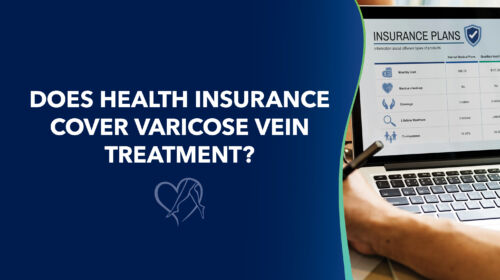
Is Varicose Vein Treatment Covered by Health Insurance?
Health insurance often covers varicose vein treatment when it’s medically necessary, not just cosmetic. This blog breaks down what insurers look for, which procedures qualify, and how your FSA or HSA can help you save on care. Discover how Center for Vein Restoration’s insurance specialists simplify the process so you can focus on feeling better, not paperwork.
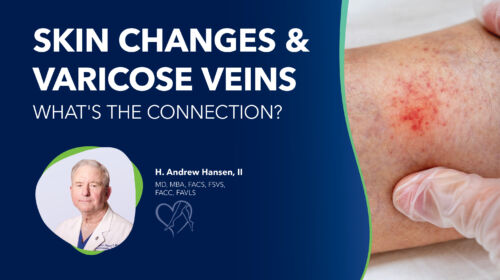
Skin Changes and Varicose Veins: What's the Connection?
Learn how darkening, itching, or hardening skin around your ankles may signal an underlying vein problem. This medically reviewed blog explains how varicose veins and chronic venous insufficiency cause visible skin changes and highlights today’s advanced, minimally invasive treatments that restore healthy circulation and comfort. Discover the warning signs of vein disease and how to keep your legs looking and feeling their best.
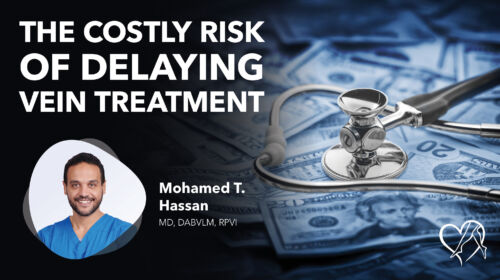
The Costly Risk of Delaying Vein Treatment
Chronic venous insufficiency (CVI) affects more than 25 million Americans, yet many delay or mismanage treatment—leading to pain, swelling, ulcers, and costly complications. This medically reviewed blog by Dr. Mohamed Hassan explains why early diagnosis and minimally invasive vein treatments are essential to prevent disease progression, reduce healthcare costs, and restore comfort and mobility.
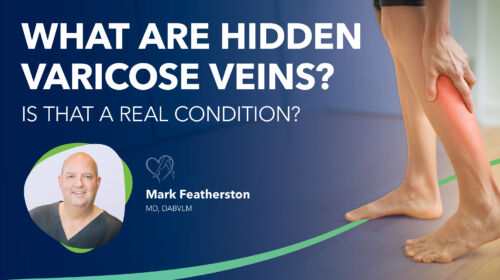
What are Hidden Varicose Veins? Is That a Real Condition?
Hidden varicose veins, also known as invisible or occult varicose veins, are deeper malfunctioning veins that don’t appear on the skin’s surface but can still cause leg pain, swelling, and heaviness. This medically reviewed blog explains what hidden varicose veins are, how they’re diagnosed with duplex ultrasound, and why early treatment is essential to prevent chronic venous insufficiency.
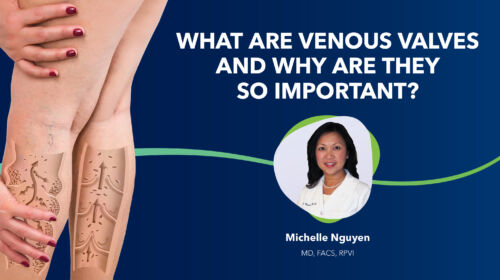
What Are Venous Valves and Why Are They So Important?
Your vein health depends on the tiny venous valves that keep blood flowing upward toward your heart. This medically-reviewed blog explains how these one-way structures prevent varicose veins, leg pain, and swelling, and what happens when they fail. Learn how modern, minimally invasive vein treatments can restore healthy circulation and keep your legs feeling light and strong.
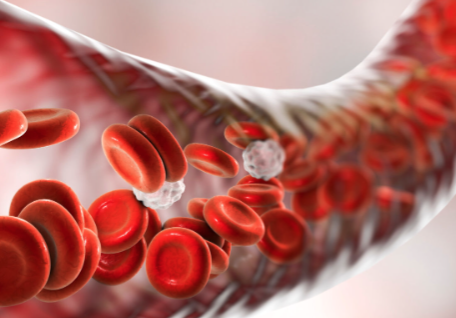 About Vein Disease
About Vein Disease
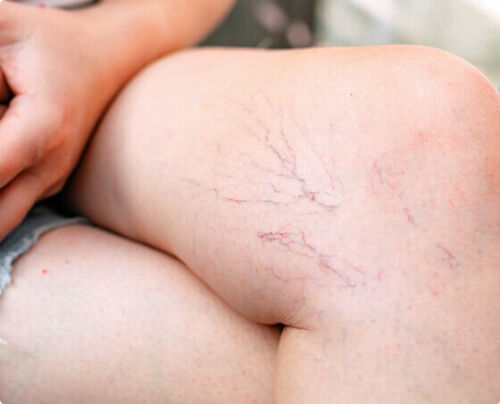 Spider Veins
Spider Veins
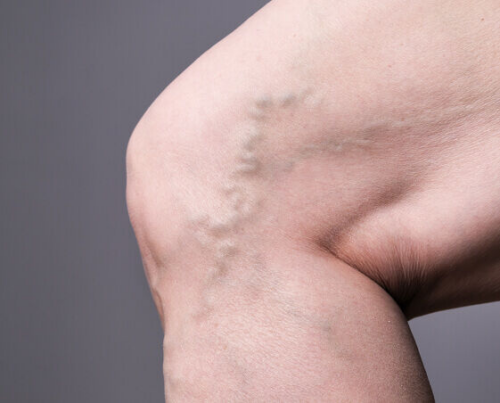 Varicose Veins
Varicose Veins
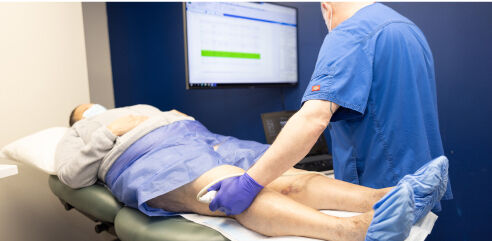 Vein Disease Treatments
Vein Disease Treatments
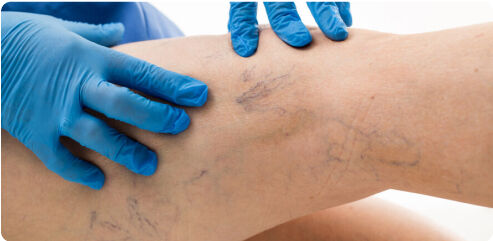 Treating Spider Veins
Treating Spider Veins
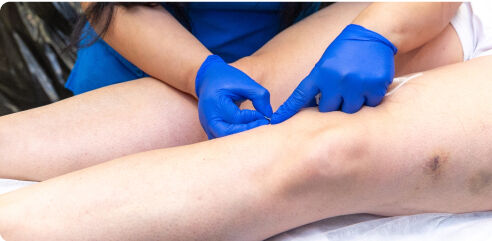 Treating Varicose Veins
Treating Varicose Veins
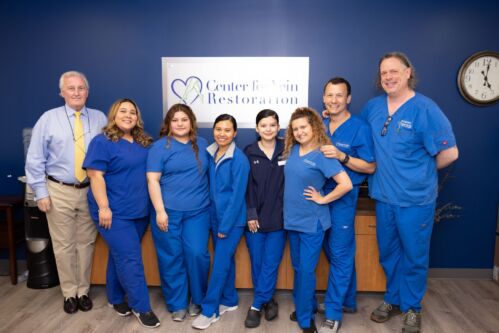 About Us
About Us
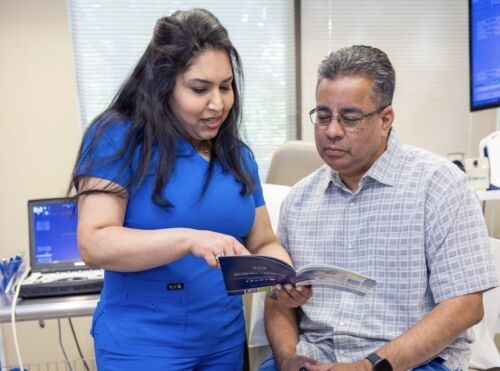 Patient Resources
Patient Resources
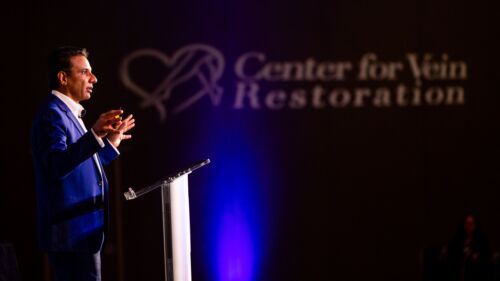 Physician Resources
Physician Resources

